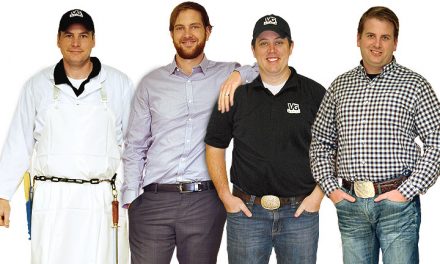Addressing hunger goes hand in hand with better food production and prosperity. People — including farmers — who are hungry or malnourished are less able to fight disease and infection. Farmers in underdeveloped countries need their health to work with their crops and livestock to feed those who depend on them.
We need a culture of trust. Suspicion surrounds the anti-poverty intentions of agribusiness, making programs that should be lauded for their efforts almost apologetic for trying to help poor people. Some of the biggest agribusinesses have established foundations that are pouring millions into hunger relief. These companies are making money elsewhere, not on these initiatives.
But the fact is, if business isn’t profitable and farmers aren’t making money, neither have much to give any cause, poverty-related or not.
Aidan Connolly, vice president of the global animal nutrition company Alltech, says when it comes to feeding the world, trust and openness go hand-in-hand. He clearly and publicly stated his company’s position at its 28th annual international symposium in Lexington, Ky., last weekend, in front of more than 100 media — a record for the symposium — and 3,000 delegates (another record) from 72 countries.
“Modern agriculture needs to continue to embrace technology, innovation, and place an emphasis on education,†he said. “We must recognize that we are going to face critical issues … and focus on the need for transparency.â€
Feeding the world is critical. It’s time to pull together. I write about the need for a global approach to hunger and poverty reduction in my Urban Cowboy column in the Guelph Mercury.
The photo of Aidan Connolly is courtesy of Alltech and AgWired.



